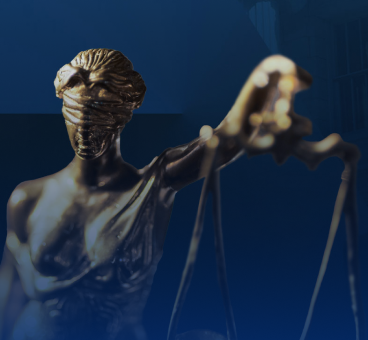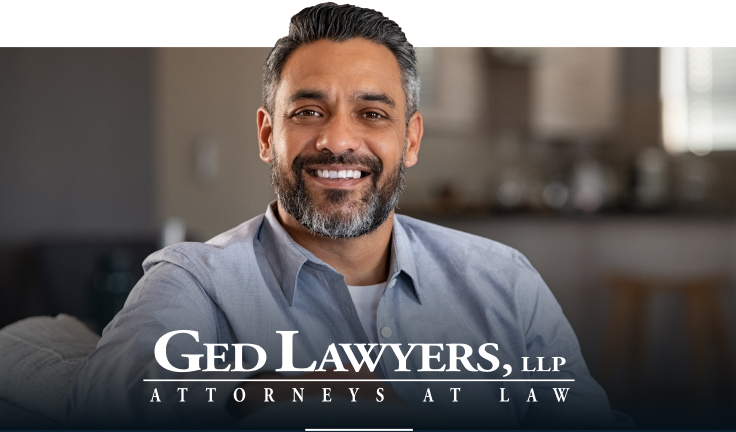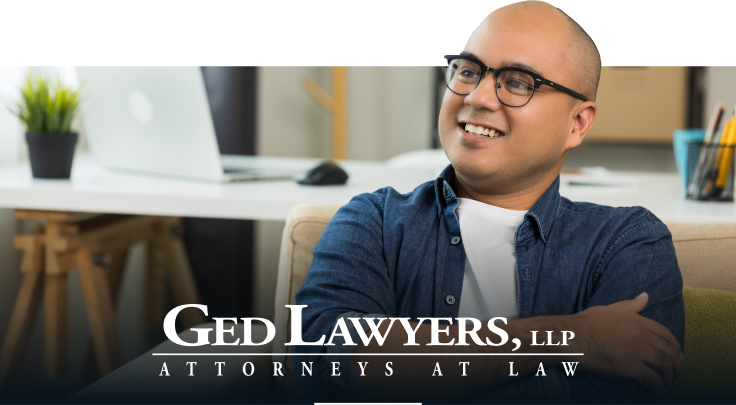
An Examination Under Oath (EUO) is a formal, recorded statement given under oath, typically requested by an insurance company when evaluating a claim. During an EUO, the insurer’s representative will ask detailed questions about the accident, injuries, medical treatment, and other relevant factors to assess the validity of the claim.
Understanding your rights and preparing properly is crucial to protecting your case. Our Florida personal injury lawyers can help by ensuring you answer questions accurately, preventing unfair tactics from the insurance company, and advocating for your best interests throughout the process. In this article, we’ll explain what you should know about EUOs.
What Is an Examination Under Oath (EUO) in Florida?
An Examination Under Oath (EUO) is a formal proceeding during which an insurance company requires a claimant to provide sworn testimony regarding the details of a claim.
While this may seem like a routine procedure, what you say during an EUO can significantly impact your ability to recover compensation. Any inconsistencies, misstatements, or unclear responses may be used to deny or minimize your claim.
Given the potential challenges and legal implications of an EUO, consulting with a Florida accident attorney from our firm can ensure that you are adequately prepared and that your rights are protected throughout the process.
EUOs Versus Depositions
It’s important to note that an EUO is distinct from a deposition: while both involve sworn testimony, an EUO is part of the insurance claims process, whereas a deposition occurs during litigation. EUOs are typically taken in formal settings, such as a law office or an insurer’s office. However, in some cases, they may be done over video as well.

Why Am I Being Asked to Give an EUO in Florida?
Insurance companies request an Examination Under Oath to verify the details of a claim before approving compensation. If you are a policyholder or an insured person under the policy (such as a spouse or family member), your insurance provider may require you to give sworn testimony as part of its investigation.
Common reasons for an EUO include:
- Clarifying inconsistencies in accident reports or medical records.
- Verifying the severity of injuries and the necessity of medical treatment.
- Ensuring compliance with policy terms, as failure to cooperate may complicate your claim.
- Investigating possible fraud, even if the claim is legitimate.
Insurance policies in Florida often include an EUO requirement. Refusing to participate could result in a denial of benefits. Hiring a Florida personal injury lawyer can help you manage the process by protecting your rights and ensuring you don’t unknowingly harm your claim.
Do I Have to Participate in an Examination Under Oath in Florida?
If your insurance policy includes a cooperation clause, you are contractually required to participate in an Examination Under Oath if requested by your insurer.
Florida law allows insurers to require EUOs as part of their investigation before paying benefits. However, insurers cannot use EUOs to harass or intimidate claimants unfairly. While you must answer questions truthfully, you are not required to provide information beyond what is relevant to your claim.
Our accident injury lawyers can help by:
- Preventing the insurer from overstepping legal boundaries.
- Preparing you for difficult questions.
- Preventing accidental statements that could harm your claim.

What Kinds of Questions Will Be Asked During an EUO in Florida?
During an EUO, the insurance company’s attorney will ask detailed questions to evaluate your claim. These may include:
- Accident Details: Such as how, when, and where the accident happened.
- Injury and Medical Treatment: Such as your diagnosis, treatments, and prior medical conditions.
- Daily Life Impact: Such as how the injuries affect your work and activities.
- Insurance and Financial History: Including your coverage details and any prior claims.
Some questions may be designed to find inconsistencies or downplay your injuries. Our Florida property damage lawyers can help you prepare by:
- Reviewing your medical records and accident details for consistency.
- Practicing responses to avoid misstatements.
- Protecting you from irrelevant or misleading questions.
Having legal guidance ensures you answer confidently and accurately, reducing the risk of harming your claim.
Common EUO Pitfalls to Avoid
Mistakes during an Examination Under Oath can jeopardize your personal injury, property damage, or wrongful death claim. Common pitfalls include:
- Providing too much information: Answer only what is asked and don’t speculate.
- Guessing or contradicting prior statements: Any inconsistencies can be used to deny your claim.
- Downplaying injuries: Be honest about your pain, limitations, and medical treatments.
- Admitting fault unintentionally: Avoid making statements that could shift blame onto you.
A Florida personal injury attorney can help you prepare, clarify responses, and prevent missteps.

What Happens After the EUO?
After your Examination Under Oath, the insurance company will review your testimony along with medical records and other evidence to determine your claim’s outcome.
Possible Outcomes of an EUO
- Your claim is approved
- Your claim is denied or reduced
Next Steps if Your Claim Is Denied After an EUO
- File an Appeal: You will need to provide additional evidence to support your claim.
- Negotiate With the Insurer: Your attorney may challenge unfair findings.
- Pursue Legal Action: If bad-faith practices occur, your lawyer may advise you to file a lawsuit.
How a Florida Attorney Can Protect Your Rights
An Examination Under Oath can significantly impact your ability to recover compensation. Insurance companies may use your statements to reduce or deny your claim, so you could benefit from hiring our insurance claims lawyers to protect you.
After the EUO, your lawyer will review the insurer’s decision and, if necessary, negotiate a fair settlement or take legal action. Given the high stakes, having an attorney by your side can be a good investment. If you have an upcoming EUO, seeking legal counsel can inform you of what you should know. Contact GED Lawyers about your case for a free review.
